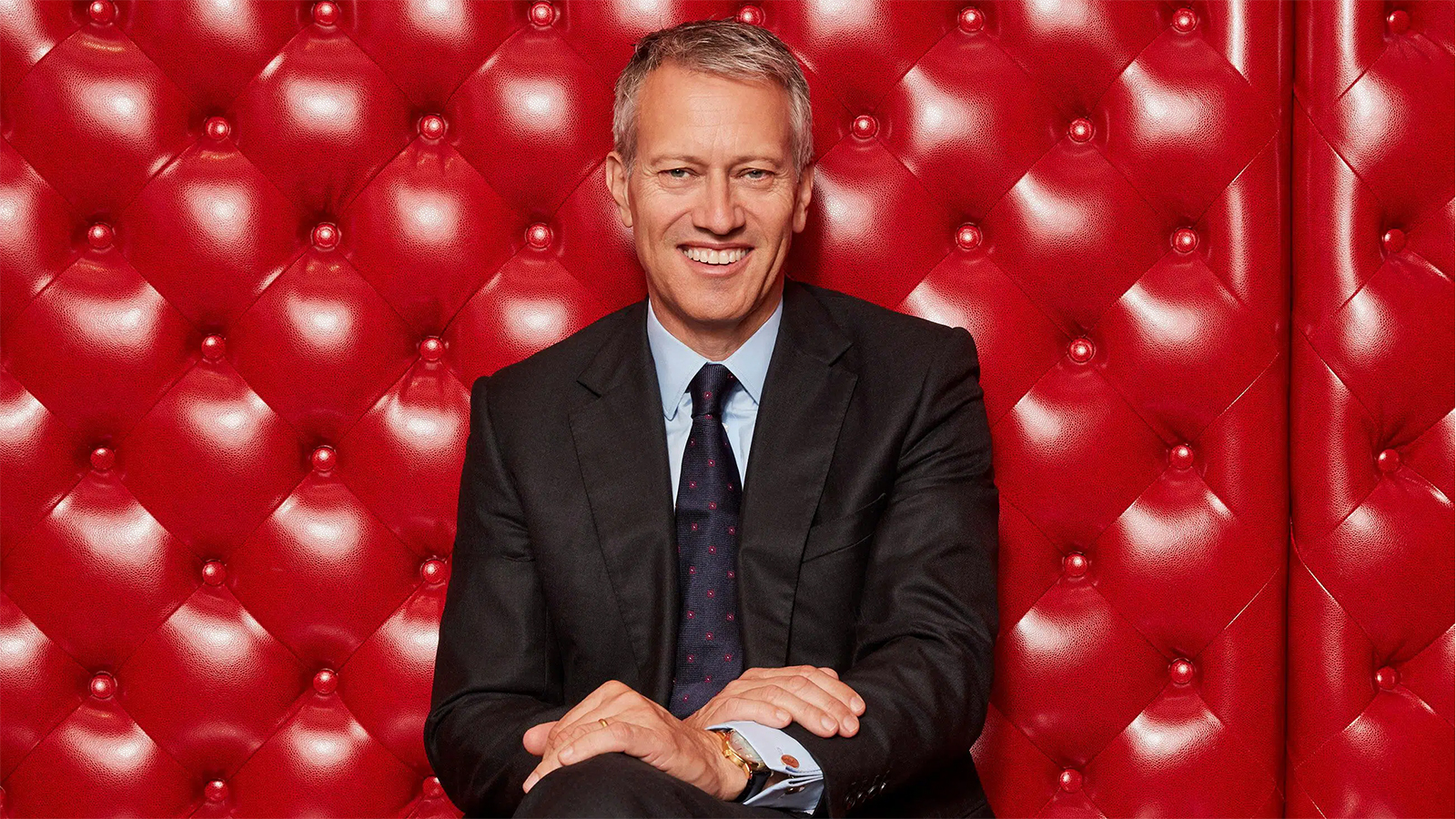Coca-Cola is facing criticism for speaking out against a voter reform bill and on other issues in the U.S. while reportedly lobbying against legislation to punish China for its treatment of the Uyghur population in the west of the country.
Critics – largely commentators on the right, including in the National Review, and who support "election integrity" bills introduced by GOP-led legislatures – are linking Coca-Cola's and other companies' position on legislation passed in Georgia to their lobbying against the Uyghur Forced Labor Prevention Act.
"Apple CEO Tim Cook recently blasted the new law, following Delta Airlines CEO Ed Bastian claiming the law is 'based on a lie' and calling it 'unacceptable,'" Fox Business said in an April 1 piece. "Coca-Cola CEO James Quincey also called the law 'unacceptable' and a step in the wrong direction.
"However, all three companies – Apple, Delta Airlines and the Coca-Cola Co. – have been silent on the oppression of Uyghurs taking place in the People's Republic of China's Xinjiang region while continuing to do business in the country."
The bill, which passed the U.S. Senate last week and the House earlier this year, bans the import of goods from the Xinjiang region unless it can be confirmed that they were not produced using forced labor.
Coca-Cola uses sugar processed in the region, which supplies a local bottling facility. Other companies, including Apple and Nike, and the U.S. Chamber of Commerce, also opposed its passage, according to the National Review.
China stands accused of the mass detention in labor and re-education camps and close surveillance of the largely Muslim population.
The company, in a statement to CNBC, said it bars the use of forced labor in the supply chain and hires third-party auditors to carry out checks. It also said that it does not import products into the U.S. that include any ingredients from the COFCO Tunhe sugar plant.
But the company otherwise has a huge footprint in the country. From 2015-2017, Coca-Cola invested $4 billion in China, and employs more than 45,000 local Chinese, according to the company. China is Coca-Cola's third largest market in terms of case unit volume, Asia Times reported.
However, the company's political positions – including opposition to the bill in Georgia, its home base, and its otherwise avowed commitment to social justice, which included strong condemnation of the George Floyd murder – has led to increased scrutiny of its position on China and lobbying against the Uyghur legislation, first reported by the New York Times.
In a statement, CEO Quincey said: "We want to be crystal clear and state unambiguously that we are disappointed in the outcome of the voting legislation.
"Additionally, our focus is now on supporting federal legislation that protects voting access and addresses voter suppression across the country. We all have a duty to protect everyone’s right to vote, and we will continue to stand up for what is right in Georgia and across the U.S."
The Coca-Cola Company is the biggest beverage company in the world. It sells over 4,000 different beverages in over 200 countries.
A Rasmussen Reports poll published in April found that 37 percent of U.S. adults would be less likely to buy Coca-Cola products because of its stance on the Georgia bill, while 25 percent said they would be more likely to purchase, and 30 percent stating it does not make much difference.

